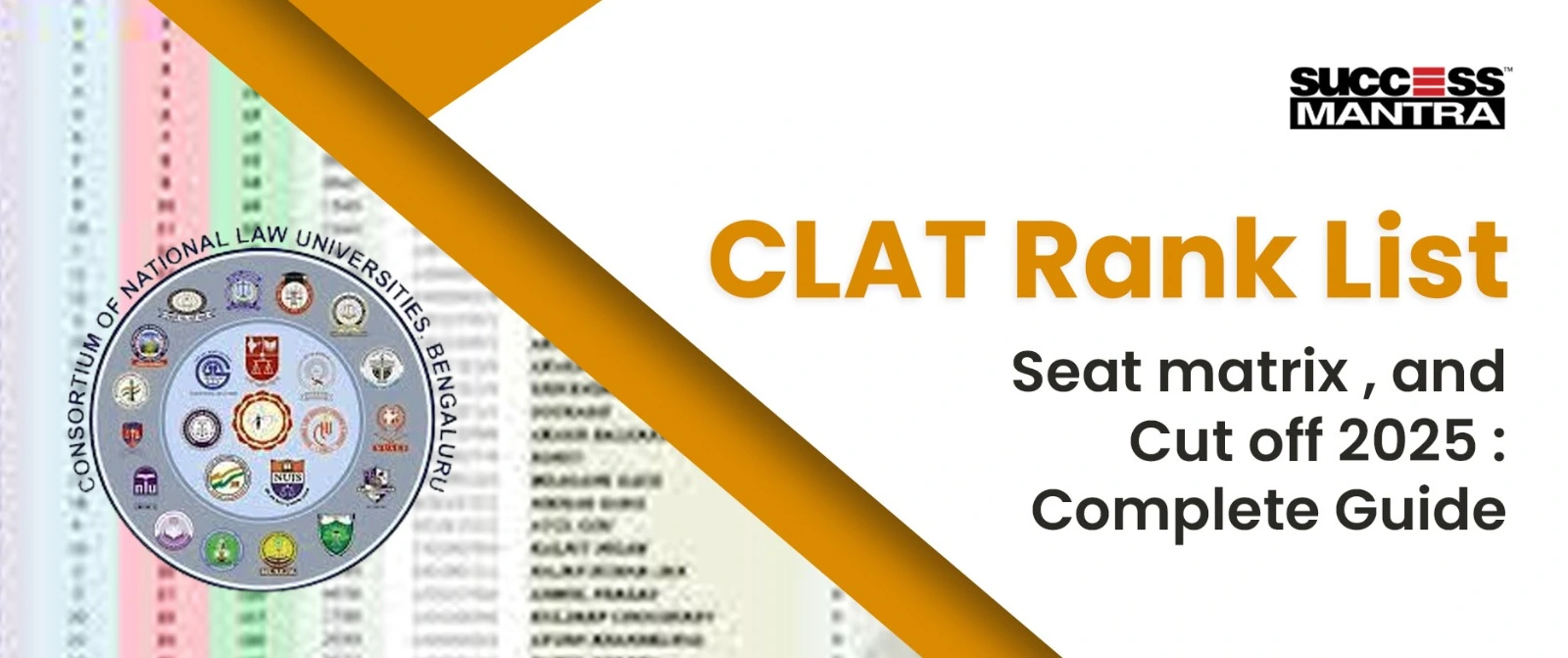
IPM IIM Indore Analysis of IPM Syllabus
IIM Indore IPMAT exam paper has two sections Quantitative Aptitude, Data Interpretation and Logical Reasoning & Verbal Ability & Reading Comprehension. Based on last year’s Exam papers, IIM IPM Syllabus 2022 is as follows:
|
Section 1 |
Section 2 |
||
|
Quantitative Aptitude |
Data Interpretation |
Logical Reasoning |
Verbal Ability & Reading Comprehension |
|
Set Theory |
Caselets |
Sitting Arrangement |
Reading Comprehension |
|
Number System |
Bar charts |
Logical Puzzle |
Para-jumble |
|
Geometry |
Line charts |
Ranking and Sequence |
Idioms and Phrases |
|
Mensuration |
Pie-Charts |
Team Selection |
Para Completion |
|
Algebra |
Tables & Networks |
Venn Diagram |
Antonym & Synonym |
|
Time, Speed |
Tournaments |
|
Confusing Words |
|
Distance,Time and Work |
Games |
|
|
|
Percentage, Profit & Loss, etc |
|
|
|
BBA SYLLABUS
Business and General Awareness
|
English Language
|
Quantitative Techniques
|
Logical Reasoning
|
General Knowledge
|
SCOPE OF UNDERGRADUATE MANAGEMENT COURSES
With globalization taking a driver’s seat, India has become a second home to many Multinational Companies (MNCs). The corporate culture is expanding its purview, and as a matter of fact many government organizations are working towards bringing a corporate culture in their system. In fact recently, the government has invited experienced people from different sectors to apply for the post of Joint Secretary, and allow a lateral entry into the system. For the uninitiated, the post of Joint secretary is an IAS level post. This is just one of the examples of the paradigm shift happening in the ideologies of the organizations. Thus, organizations are on a hunt of looking out for the individuals who have the required skill sets to work in a corporate culture. Ultimately, this also reduces the training costs incurred by the organizations, and such a set of people are classified as ‘ASSETS’ for an establishment.
An undergraduate management course trains the students to work in a corporate environment. They are taught the basic skills required by an individual for their survival in today’s multifaceted organizational culture. Students are given a glimpse into all the major functional specializations of an organization such as finance, marketing, human resources and operations etc. They are taught the basics of an organization, its working, hierarchy, importance of teamwork, leadership. They study and analyze real-life situations and case studies that help them master the art of critical thinking and develop problem-solving skills.
DIFFERENCE BETWEEN BBA (GENERAL) AND BBA (HONORS)
BBA(G) course is similar to BBA(H). The difference lies in the fact that you can specialize in a certain subject in BBA (H), but the BBA (G) course gives you an overview of all those subjects taught in the honors course.
WHY IS BBA A GOOD CAREER OPTION?
BBAcourses offer an opportunity to acquire professional skills in the early stage of your career as a management professional. This undergraduate course offers a deep understanding and development of important business skills such as leadership, communication skills, critical thinking, and decision-making.
Students having BBA degrees are considered competent candidates for junior level management positions. They are extremely employable and can easily progress to higher positions in any business organization.
CAREER OPTIONS AFTER BBA?
Bachelor in Business Administration is the most popular course among students aspiring to embark on the journey of management. A degree in BBA opens up various opportunities for a student. One can join as a Management Trainee in the Finance, Marketing, Consulting or Banking sector. Although the salary package depends on a person’s capabilities, an average student can expect a package between 18 K to 30 K per month. The Highest Packages are even comparable with IIMs. The various career options a student can explore after BBA:
- Consultancy
- Corporate role (Manager or Executive) in your field of specialization in various sectors including Advertising, Aviation, Banking, Digital Marketing, Supply Chain, FMCG, Manufacturing, IT e.t.c.
- Higher Education like MBA | PGDM
- A degree in management doesn’t limit you to only desk jobs. You can pursue a career in Hospitality or Tourism Management.
- You can also become a Chartered Accountant.
- Various other courses like Certified Analyst Program (CCAP), Executive courses in Finance or a course in Risk Management can be pursued as Hence, there are many options after BBA, but what matters is where your interest lies. Evaluate your options, introspect your interests and choose the best way forward.
- Entrepreneurship
- Government Sector jobs depending on your interest and ability to clear those exams
- Many reputed government exams like IBPS, SBI and other bank exams emphasize on the knowledge of banking and business. With a degree in BBA, you can easily crack these exams. A BBA student is given the knowledge of banks, their functioning and about various business-related affairs during the course. So a management student definitely has an upper hand over other students.
- Academician as a research Scholar and Later maybe as a faculty
- Career Counselor
- Event management
















0 Comment